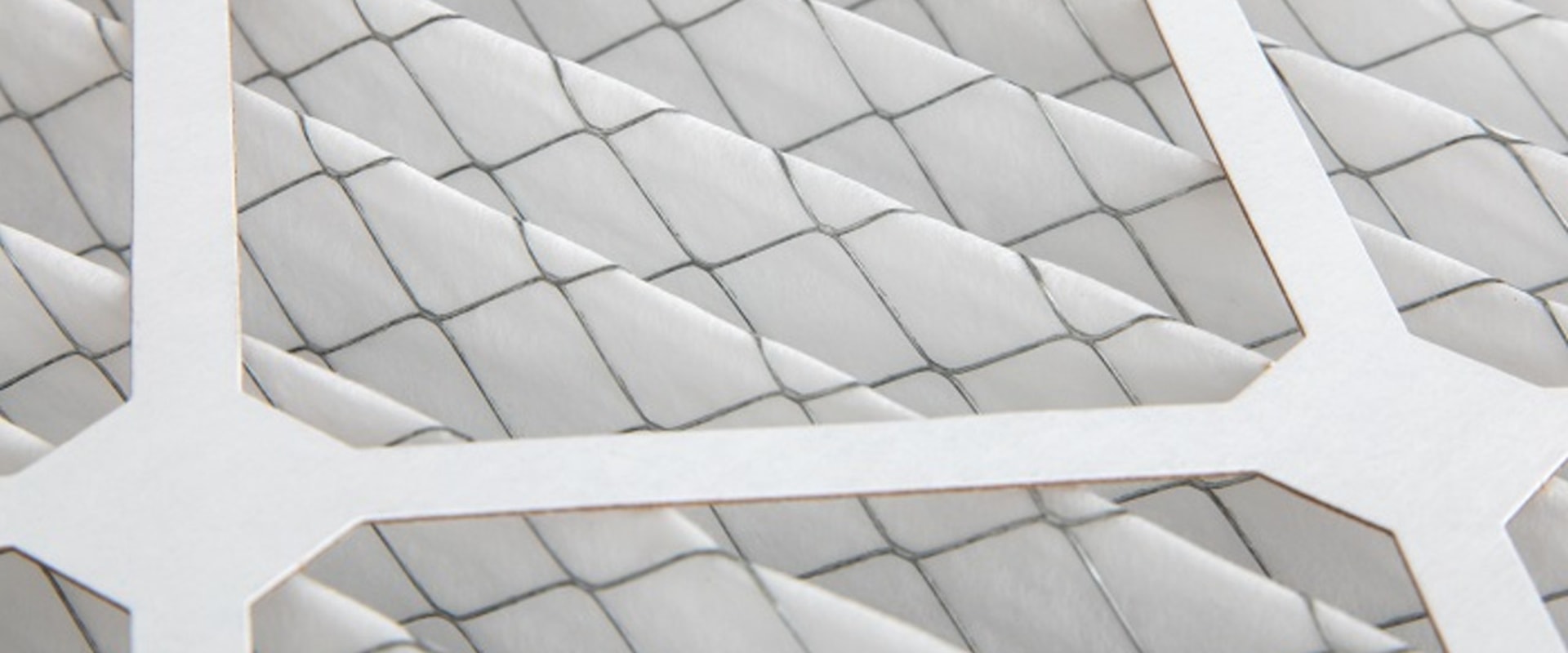Asking whether you can use a lower MERV rated air filter in place of a 20x25x4 is a common question. Every air filter has its own advantages and disadvantages, but both MERV 8 air filters and MERV 11 air filters are suitable for residential use. If your system only fits a 1- or 2-inch filter, then having a high MERV rating could be detrimental. A 1-inch filter with less surface area will clog up quickly and need to be replaced much sooner than a coarser filter.
Combining a thin air filter with a high MERV rate can also restrict airflow to the point of hampering efficiency and causing excessive wear. The 20x25x4 air filter is an excellent choice for filtering, as it is capable of capturing and removing particles that adhere to equipment and cause heating and air conditioning to decrease. Typically, these filters come with a MERV-11 rating. The 4-inch thick air filter has an advantage over 1-inch filters in terms of longevity, airflow, and maximum filtering potential.
Choosing the right MERV rating is an important decision in terms of the total cost, air quality, and product durability. Air filters with a MERV 14 rating or higher are designed for commercial HVAC systems that can withstand the coarser filter material. Using an air filter with a MERV rating that is too high is just as bad as using one that is too low. If you're considering a thicker air filter to improve air quality, it may be better to focus on the MERV rating.
If you opt for a 4-inch filter, you'll get a filter with at least a MERV 8 rating, which would remove contaminants down to 3 microns (a unit of measurement), including dust mites and some types of pollen. MERV 11 air filters can filter out a large percentage of fine particles, but MERV 8 air filters cannot. On the other hand, you can use a 1-inch thick filter in compartments that can accommodate a deeper filter. Most HVAC technicians recommend changing 1-inch air filters every 30 days, while 4-inch filters can be changed every 3 to 6 months.
If you're concerned about the effects of inhaling fine air particles, then that's another reason to choose a MERV 11 air filter over a MERV 8 air filter. One thing to keep in mind is that you may need to change the MERV 11 air filter more often than the MERV 8 air filter. However, since 20x25x4 air filters are more effective at filtering, some homeowners choose to resize their ovens to fit these filters.
